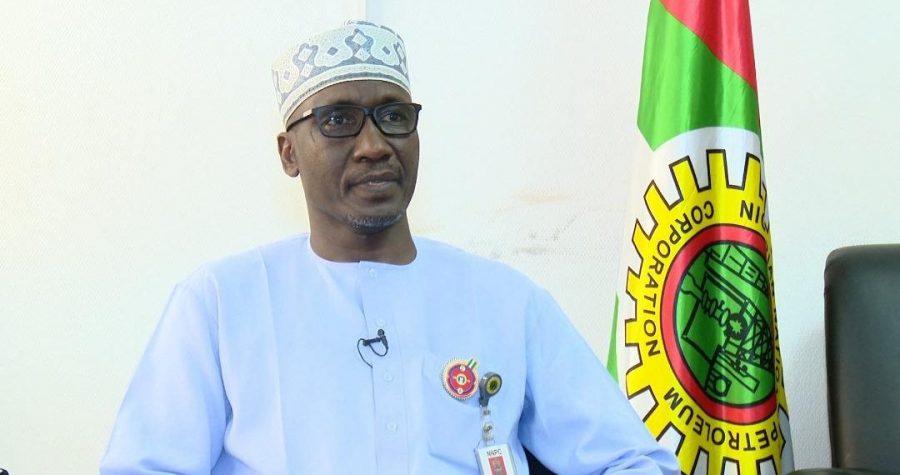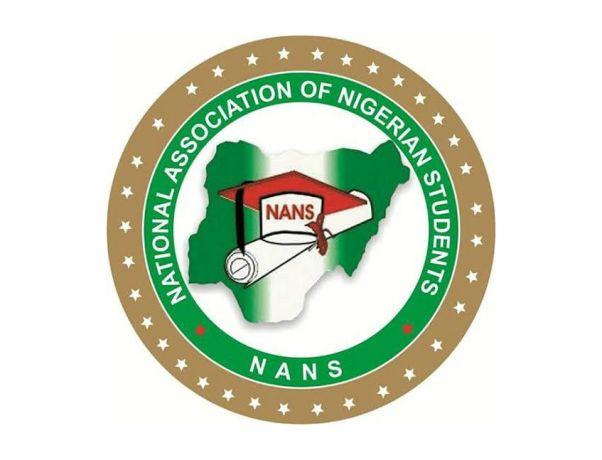The Group Chief Executive Officer of the Nigerian National Petroleum Company Limited (NNPCL), Mele Kyari has declared that the Port Harcourt refinery will begin to deliver refined petroleum products in August while that of Kaduna and Warri will commence by December, just as he insisted that they were not lying to the nation.
Kyari, who spoke on Monday, in Abuja when he appeared before Senator Sani Musa, APC, Niger East led National Assembly joint Senate and House of Representatives Committee on Finance during an emergency session on the state of the economy, assured that by the end of the year, Nigeria will be a net exporter of petroleum products.
Recall that Mele Kyari had said in March this year shortly after meeting with the Senate Ad-hoc Committee on Turnaround Maintenance of the country’s four refineries that the Port Harcourt refinery will begin to deliver refined petroleum products in two weeks. He had disclosed then that the rehabilitation of the refinery had been completed, having passed its “completion mechanical” procedure.
The NNPCL Chief Executive Officer opened up yesterday when the Senator said, “Thank you, Group CEO. We have not reached the questions and answers session. For the benefit of the press that is here, I know that they are very keen to know if we will start our domestic production from our refineries that have been refurbished. So if you can just give a word on that, then we now excuse the press so that we can go on to the closed session.”
Kyari said, “Yes, I’m aware that there are several comments in the public space around refining business and domestic production, including production that will come from the commissioned Dangote refinery. Yes, this country, as we have said, will be a net exporter of petroleum products by the end of this year.
“We are very optimistic that by December this country will be a net exporter. That means a combination of production coming from us, and also from the Dangote refinery and other smaller producing companies that we know are in line to do this.
“So I can confirm to you, Mr. Chairman, that by the end of the year, this country will be a net exporter of petroleum products.
“And specific to the NNPC refinery. As you recall, and we have spoken to a number of your committees, it is impossible to have the Kaduna refinery come into operation before December, it will get to December. Both Warri and Kaduna.
“Let me explain this very clearly. We did have mechanical completion of the Porth Harcourt refinery, which means that every technical work that is required to get the refinery to work has been completed. This is what we announced December last year, if you recall.
“Once you are mechanically completed for an existing refinery, even for new ones, there are several technical steps that you have to take when you are introducing hydrocarbon into this plant. It is only then that you will see the real challenges of even a new refinery. And I can confirm to you today that we have gone through this.
“We are already introducing hydrocarbon under a hot situation, that’s what we call it. And I’m very sure that latest by early August, the Port harcourt refinery will start producing products.
“And of course, the new one will get to December. And Warri will also be in production. I’m very optimistic. I don’t have any confirmation at this moment, so that nobody quotes me and says, oh, you keep lying. No, we’re not lying to you, Mr. President. This is a technical process.
“We do our best of intention. You can put debts on a refinery start-up, but it is when you get to start-up that you see the real challenges, even for a new refinery. As you can see, even a new, porthacouurtģ refinery, it really has to take steps and processes to get it to full operationality.
“This is very normal in a refinery operation. So we don’t put hard debts on it because there are things that you are never in control. Otherwise, I can confirm to you that we are taking every step to make sure that it works.”
In their remarks, the Governor of Central Bank of Nigeria, CBN, Olayemi Cardoso who was represented by his Deputy, Economic Policy Directorate, Muhammad Sani Abdullahi, the Minister of Budget and Economic Planning, Senator Atiku Bagudu all agreed that with the ailing economy situation, Nigeria is emerging stronger.
The CBN particularly said that Nigeria was emerging stronger from her economic malaise.
In his remarks, Chairman of the Committee, Senator Musa, who urged Nigerians to persevere, said that the indicators are showing that the economy was doing well.
Senator Musa said, “at least we heard from the Honorable Ministers that are here. We also heard from the group CEO and the representative of the government of the central bank. And all that we have all heard, we are all on the same path.
“It is about economic growth. It’s about how we can get our policies to work. How we will support Nigerians.
“The National Assembly is very concerned because we are the representatives of the people. And we are obliged to ask what is happening. And this is the reason (why) such a meeting is very important.
“And we have heard from them. At least they have given us a preamble of the activities going on. On how our economy can get back on track.
“You are all aware of the obstructions our economy has had in the previous years. And it’s not going to be easy that overnight, in 365 days or in one year of the coming administration, things will change. It will be gradual.
“And I believe that Nigerians will persevere. This is the only time we can all come together as Nigerians to give His Excellency the President all the needed support. To get us out of all the trouble we have been.
“And you can see the indicators are showing that the economy is doing well. The only thing is that things are a bit difficult because it’s not easy for inflation that has gone up to go down like that. It takes time.
“There are some indices, there are some indicators that have to work together. It’s not like having positive and negative cables. When you put the two together, you will achieve what you want to achieve.
“But when you say, okay, everything should go negative, it will not work. So we have had negativities in the economy. And now we are trying to bring the positivities to work.”
Vanguard

 Boss Picks4 days ago
Boss Picks4 days ago
 Opinion6 days ago
Opinion6 days ago
 Opinion4 days ago
Opinion4 days ago
 Events5 days ago
Events5 days ago
 Adding Value5 days ago
Adding Value5 days ago
 Featured5 days ago
Featured5 days ago
 Headline3 days ago
Headline3 days ago
 News5 days ago
News5 days ago














